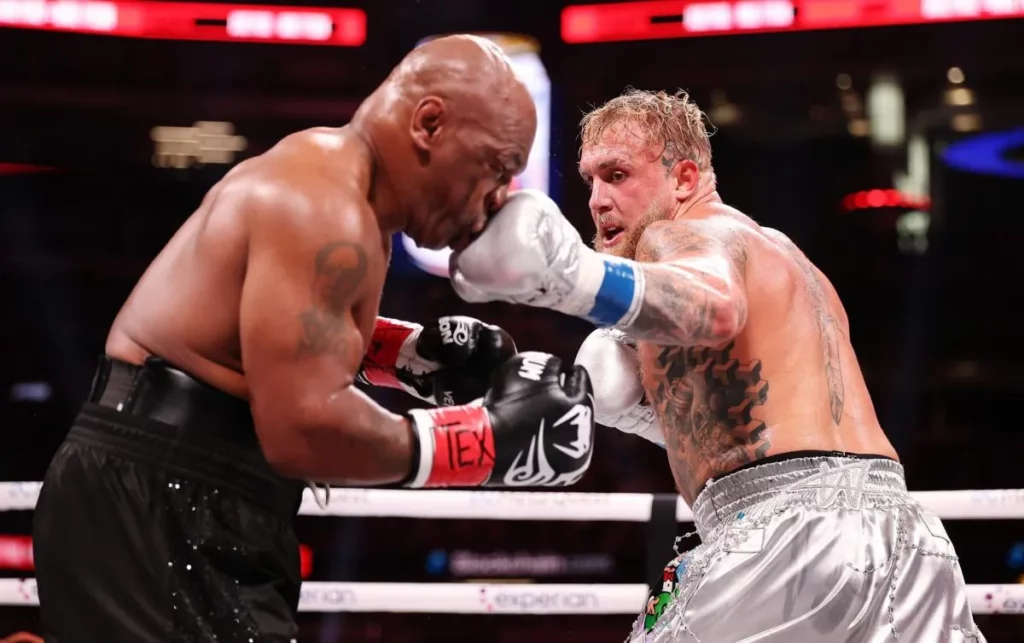In a stunning revelation that swept across social media, Jake Paul, the YouTuber-turned-boxer, found himself in hot water after claiming that boxing legend Mike Tyson was cured of Parkinson’s disease through the use of a psychedelic drug. This statement, made during a stream with Adin Ross, left fans and media baffled, sparking a whirlwind of controversy and confusion. It was a claim that not only surprised those who follow the sport closely but also seemed to challenge medical realities, as Parkinson’s disease, a serious neurological condition, has no known cure.
The Fallout of a Misstatement
Jake Paul’s initial assertion was that a psychedelic known as “toad” had miraculously cured Tyson of Parkinson’s, allowing him to return to the ring. This claim led to widespread speculation and a flurry of social media activity, where misinformation spread like wildfire. However, Tyson’s team promptly responded, denying any diagnosis of Parkinson’s and stating, “Mike is happy and perfectly healthy. He doesn’t have Parkinson’s or any other illness,” as reported by TMZ.
The situation took another turn when Paul retracted his earlier statement, clarifying that he had misspoken. On his social media, he explained that his comments were meant to convey that Tyson used the psychedelic to alleviate pain, not cure Parkinson’s. This revelation came too late to stem the initial tide of rumors, showing just how quickly misinformation can spread and how it can affect public perception.
The Impact of Celebrities on Public Health Misconceptions
Jake Paul’s erroneous claim about Mike Tyson’s health status shines a light on the influence celebrities wield in spreading health-related misinformation. Parkinson’s disease, which famously affected Muhammad Ali, involves complex neurodegenerative processes and requires careful management rather than quick fixes. The incident underscores the necessity for public figures to speak responsibly, especially when discussing sensitive health issues.
The Ongoing Battle Against Misinformation
The Jake Paul vs. Mike Tyson saga is more than just a tale of a boxing match; it’s a cautionary story about the power of words and the rapid spread of misinformation in the digital age. As celebrities continue to share their experiences and opinions on social media, the need for fact-checking and responsible communication becomes increasingly crucial. In an era where information travels faster than ever, it is vital that each statement is made with consideration for its impacts and the truths it may or may not contain.
